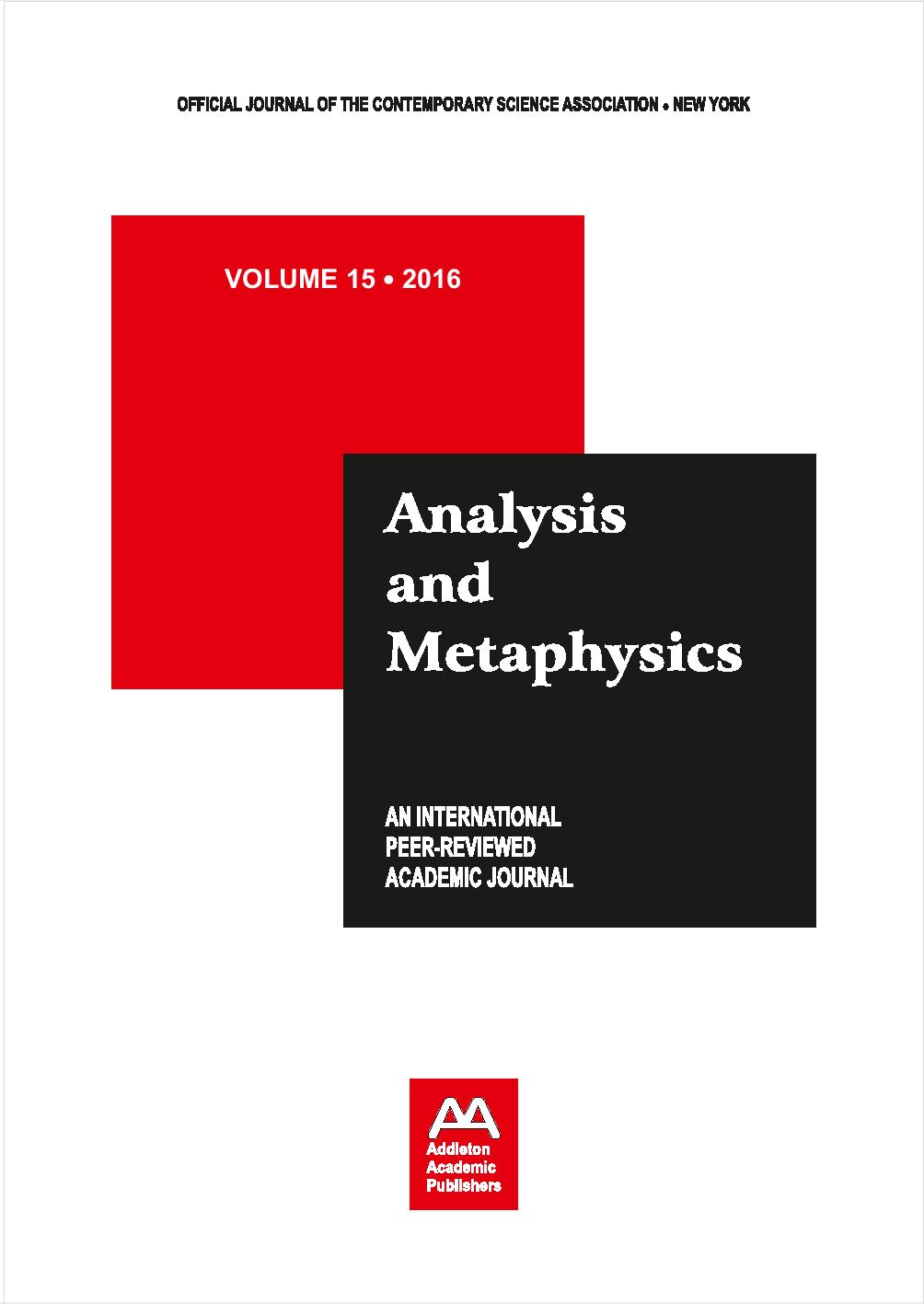HOW TO MAKE SENSE OF THE MODAL LOGIC OF ANALYTIC TRUTH FROM A LINGUISTIC NATURALIST PERSPECTIVE
HOW TO MAKE SENSE OF THE MODAL LOGIC OF ANALYTIC TRUTH FROM A LINGUISTIC NATURALIST PERSPECTIVE
Author(s): Jonathan J. LifeSubject(s): Logic, Analytic Philosophy
Published by: Addleton Academic Publishers
Keywords: philosophy; linguistics; philosophy of language; philosophical logic; nonclassical logic; analytic truth;
Summary/Abstract: This paper addresses Katz’s argument for Linguistic Platonism based on the logical necessity characteristic of analytic truth (Katz, 1981; 1984). In a different philosophical context, Kripke observes that “it would be wrong to identify the language people would have, given that a certain situation obtained, with the lan- guage that we use to describe how circumstances would have been in that situation” (“Vacuous Names and Fictional Entities,” 57). This same observation is applicable to the analysis of analytic truth. Kripke semantics for intuitionist and modal logics are employed to rigorously flesh out an analysis of necessary analytic truth in natural languages that is consistent with the contingency of the existence of those natural languages themselves.
Journal: Analysis and Metaphysics
- Issue Year: 2016
- Issue No: 15
- Page Range: 36-54
- Page Count: 19
- Language: English
- Content File-PDF

